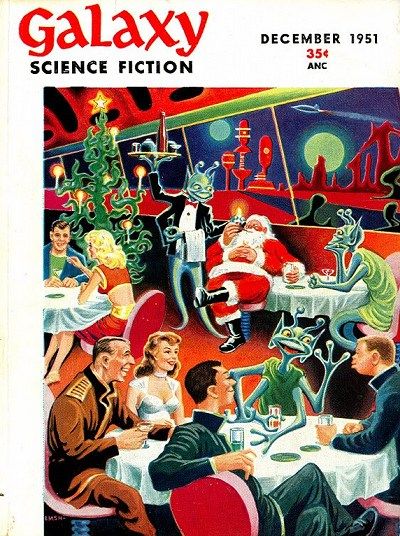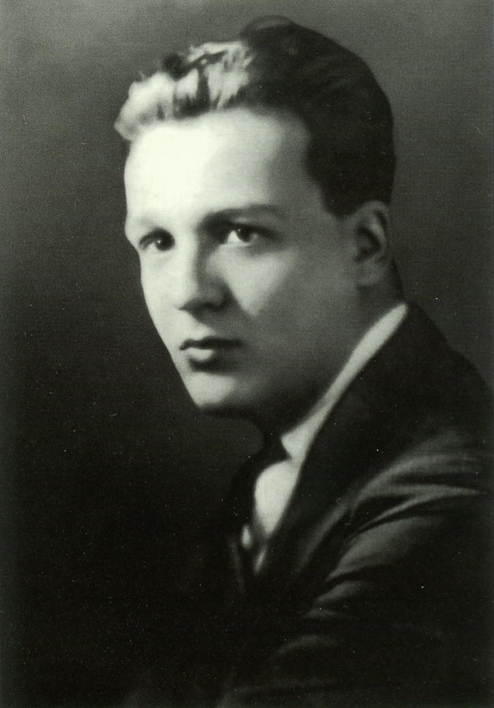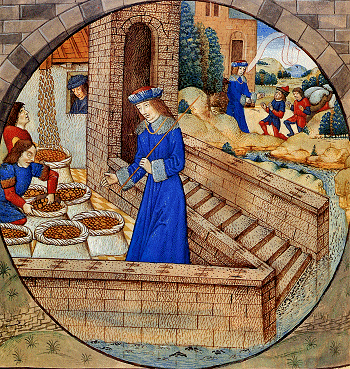Friday, March 26, 2010
Review: "The Gentle Boy" by Nathaniel Hawthorne
What is great about Hawthorne is that, even when he is writing straight fiction, his stories are infused with a sense of the mystical playing with well-drawn realism. And then when he is writing historical fiction, the reader feels that he has actually come out of that time, for he not only understands the material, political, religious and psychological culture that he treats, but also the diction. I have read primary sources from the Puritan period, and Hawthorne is spot on! Then combine this with his own beautiful moral sensibility and keen understanding of the rugged paths of the progress of humane behavior, and we have a truly powerful writer on our hands. What one must also remark upon is that Hawthorne, unlike some authors of the Romantic Period, does not fall into extraneous digressions. His every word and ornament of description economically serve the central purpose of whatever tale is at hand. His short story, "The Gentle Boy" illustrates well all these qualities. This tale was first published in 1839, and numbers 29 pages. Though it takes place in the mid seventeenth century, it happens to speak directly to a globally pervasive problem in our own time: religious bigotry. The story deals with the tragic and inhuman prejudice of the Puritan sect toward the Quaker sect. Yet it is even-handed in terms of the flaws of these two contending parties. Hawthorne's tale also explores the self-destructive and family-destructive foolhardiness bound up in the then Quaker ethic for a kind of evangelical activism which provokes political violence and incarceratory privation toward themselves, often leading to martyrdom. The "gentle boy" of the title is one "Ilbrahim", a foundling taken in by a kindly Puritan couple who has lost all their own children to disease. The child has lost his father, who was hanged on the gibbet for the recalcitrant heresy of Quakerism, and whose mother was banished to the western wilderness unclaimed by European habitation for the same theological crime. In the course of the story, the kindly couple who nurture and heal the child enjoy not praise for their compassion but increasing ostracism, until they are utterly friendless and must even endure economic ostracism from the business of the community. Their adopted child too suffers a terrible beating from the fellow children of the community, who have been taught by their parents to despise Ilbrahim as a child of deviltry, despite the fact that this Quaker foundling has the kindest and brightest of spirits. As time progresses, both the spirit of the child and of his enduring adoptive parents begin to break down; to their credit, they never blame the child for their misfortunes, but continue to love him the more and adhere to their religious faith. The father, however, so alienated by his fellow Puritans, decides to befriend Quakers entering the community and suffers many fines for it when he is caught sheltering them or in their company. He even covertly converts, but it is not because he believes in their tenets but because he believes there is something more deeply flawed in his own sect. The end brings a surprise that results in a profound psychological healing for the child Ilbrahim, and a credible and progressive reversal (though costly in human terms) of the Puritan community's attitude toward people of the Quaker sect. I have left much out for the reader of this tale to discover, including the fascinating and recurrent character of Ilbrahim's banished mother. A good affordable and currently available edition in which to find this story is: Twice-Told Tales. Written by Nathaniel Hawthorne. Published by Modern Library Classics. Copyright 2001.
Subscribe to:
Post Comments (Atom)



























No comments:
Post a Comment